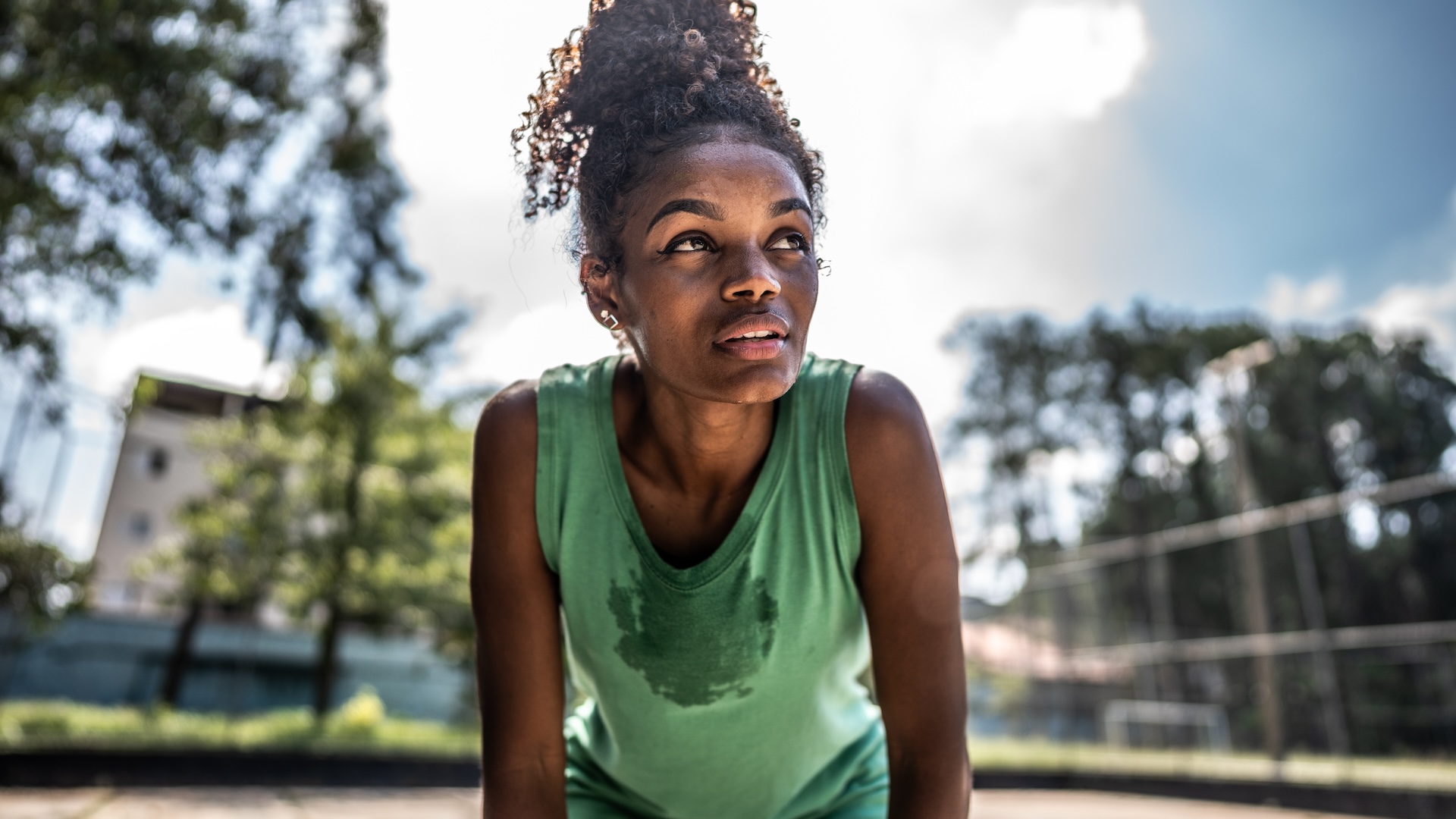This week, the InterAmerican Court of Human Rights (IACHR) started to hear testimony at the University of the West Indies, near Bridgetown, Barbados, addressing one of the most pressing global issues of our time: climate change and its implications on human rights. Union of Concerned Scientists (UCS) Research Scientist Carly Philips (pictured on the left above) testified on April 24. With dozens testifying over three packed days, the court heard powerful statements focused on impacts to small nation-states, connections between climate and health, calls for intergenerational justice, and—the focus of UCS’s input—state obligations to reduce corporate emissions. All testimony was recorded and can be watched here.
Greater capacity brings greater responsibility
The landmark hearing opened with statements by representatives from Chile and Colombia, which, in 2023, had sought the court’s advisory opinion on the interplay between climate change and human rights. Their requests underline a need for clarity about states’ responsibilities, emphasizing protections for children and women, environmental defenders, and the frameworks of loss and damage. Importantly, loss and damage frameworks suggest that while all nations have a role in combating climate change, those with more capacity and resources should shoulder a greater burden.
Barbados, a small island state profoundly affected by climate change, brought to light the tangible harms it faces—increased difficulty in agriculture, threats to its fishing and tourism industries, and significant losses from recent tropical storms. Its position is a poignant reminder of the immediate and severe impacts of climate change on vulnerable communities.
During the sessions, Robert Volterra, a representative for Barbados and an expert in international law, argued persuasively that states contributing to climate change owe compensation to those that suffer its adverse effects disproportionately. He highlighted the potential danger of the court’s advisory opinion becoming a “rich person’s climate change advisory opinion,” which would fail to hold wealthy nations accountable and leave developing countries to face the consequences alone.
Bridging science and law
UCS expert Dr. Phillips provided a compelling scientific perspective that reinforced the urgency of addressing climate change as a threat multiplier and clarified the disproportionate impact of climate change on the Americas. You can watch the full testimony here.
UCS was invited to testify before the court as co-author of a joint amicus brief that focused on corporate accountability for the climate crisis, written with Greenpeace International, the Center for International Environmental Law (CIEL), the Open Society Justice Initiative (OSJI), and the New York University School of Law’s Climate Law Accelerator (CLX). The organization’s testimony served as a scientific backbone to the legal discussions, stressing the need for immediate and coordinated action to address the intertwined crises of climate change and human rights.
Dr. Phillips’s testimony pointed out that attribution science—identifying the direct links between specific actions and climate change—confirms the causal connections between the conduct of major polluters, primarily large companies from the Global North, and the adverse effects now being suffered globally. Citing this evidence, she made the case for the need to regulate business activities.
Dr. Phillips also painted a stark picture of the narrowing window for action. Ignoring the escalating threat posed by climate change, and by the unaccountable corporations driving the crisis, risks pushing global temperatures beyond the critical goal of 1.5ºC, she said. Such a failure would be not only an ecological catastrophe, but also a profound failure of our legal systems, potentially undermining the legitimacy of human rights law and its institutions.
Our legal partners at Greenpeace International then argued that states have a primary responsibility to enact and enforce laws and regulations, which means requiring businesses to respect human rights—including by swiftly and sharply reducing global warming emissions.
Potential precedents
The court’s task is formidable. It must navigate a complex landscape of varied vulnerabilities and capacities among the nations under its jurisdiction. Yet, its role is crucial. As the court’s president Nancy Hernández López noted, the outcome of these hearings could profoundly influence regional and global approaches to climate justice, ensuring that no voice is silent and no opinion lacks legitimacy.
The IACHR’s hearings are not merely procedural; they are a beacon of hope for those most at risk. As the world watches, the decisions made here could set a precedent for how we address the legal and moral obligations of climate change mitigation and compensation globally.
This is the first of three sessions for hearings before the IACHR. As we continue to monitor these hearings, one thing is clear: climate justice is not just about legal battles, it’s about securing a sustainable and equitable future for all. I’m grateful that the court has made the space to hear from experts and communities impacted by its rulings. We will keep you posted as this decision, and other climate advisory requests, move through the courts.

 6 months ago
52
6 months ago
52


